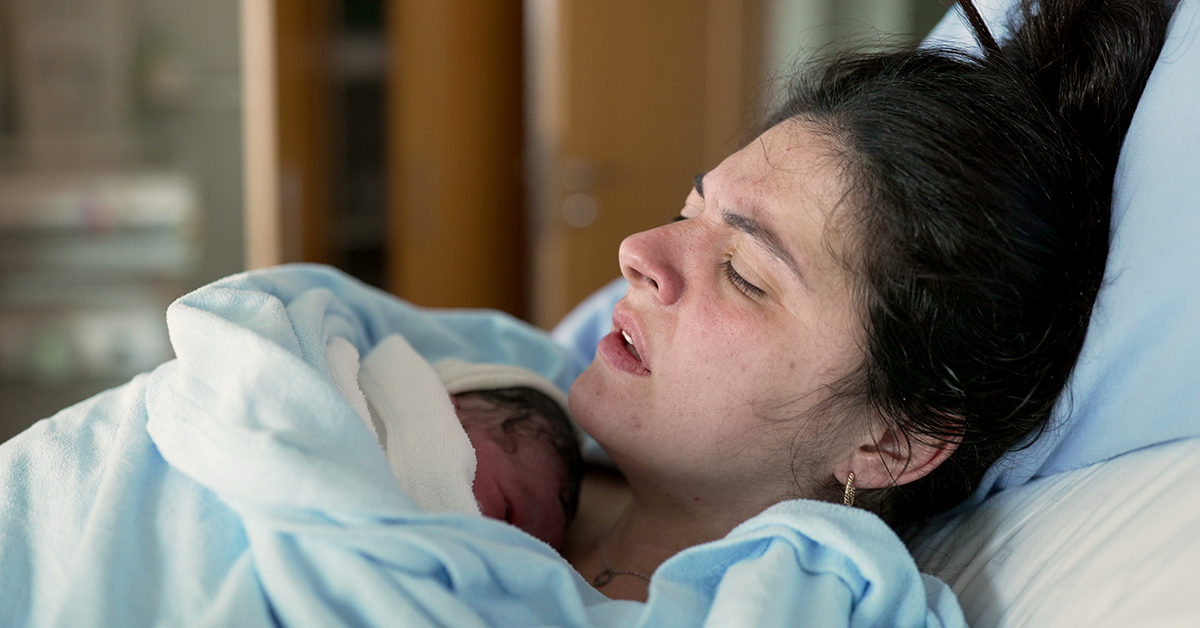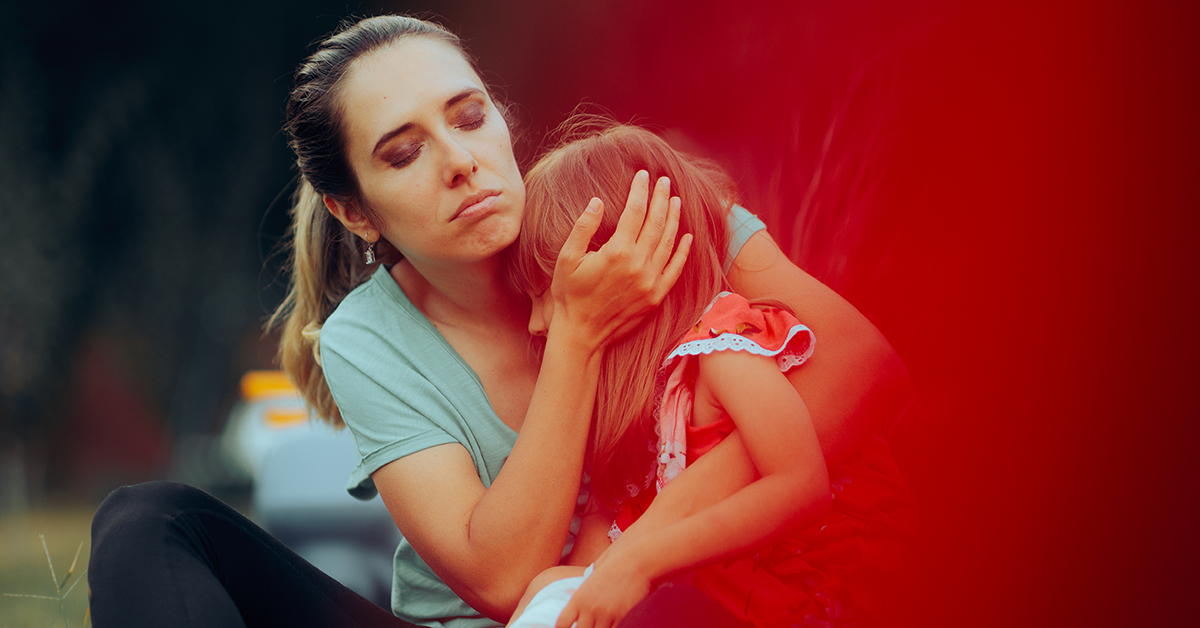Swartz and Swartz Attorneys at Law, along with other government and private organizations, is recognizing National Poison Prevention Week. When NPPW was launched more than 50 years ago, about 400 children a year died from unintentional poisoning. The most common culprit: aspirin. Today, about 40 children a year die from unintentional poisoning.
Products that pose a toxic risk to children need to be locked up, out of their reach. The Consumer Product Safety Commission (CPSC) has issued warnings about poison dangers involving coin-size batteries and single-load liquid laundry packets. Children are attracted to the shapes and textures of these products intended for adults. When these products are left within a child’s reach, the results can be tragic.
Many young children have required emergency medical treatment as a result of swallowing or ingesting household products. CPSC’s message to parents: These incidents are preventable. The CPSC has put together some prevention guidelines. Consumers are encouraged to take the following safety steps to prevent unintentional poisonings:
- Keep medicines and household chemicals in their original, child-resistant containers.
- Store potentially hazardous substances up and out of a child’s sight and reach.
- Keep the national Poison Help Line number, 800-222-1222, handy in case of a poison emergency.
- When hazardous products are in use, never let young children out of your sight, even if it means you must take them along when answering the phone or doorbell.
- Leave the original labels on all products, and read the labels before using the products.
- Always leave the light on when giving or taking medicine so you can see that you are administering the proper medicine, and be sure to check the dosage every time.
- Avoid taking medicine in front of children. Refer to medicine as “medicine,” not “candy.”
- Clean out the medicine cabinet periodically and safely dispose of unneeded and outdated medicines.
- Do not put decorative lamps and candles that contain lamp oil where children can reach them. Lamp oil can be very toxic if ingested by children.
Keep Reading
Want more? Here are some other blog posts you might be interested in.



